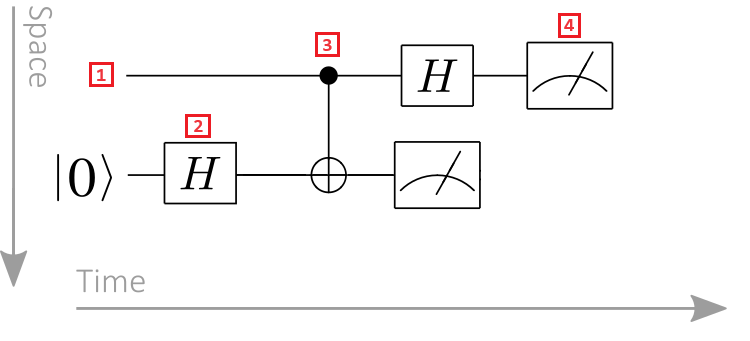While most quantum companies are building hardware that works sometimes, maybe, if the temperature is right, Phasecraft decided to focus on software that actually runs on today's broken quantum computers.
Their THRIFT algorithm supposedly cuts quantum operations by factors of millions. Nature Physics published their peer-reviewed research showing significant operation reduction for complex molecular simulations. That sounds impressive until you realize today's quantum computers still break if you look at them wrong. IBM's quantum computers fail like 1% of the time per operation, which sounds good until you realize most programs need millions of operations. But hey, at least someone's working on the software side while everyone else obsesses over qubit counts that mean nothing without error correction.
The company spun out of University College London and University of Bristol when three quantum physics professors realized their research was collecting dust in academic journals while quantum computing companies raised $24 billion in 2024 on theoretical advantages. Quantum computing patents have tripled since 2020, but commercial applications remain limited to optimization and simulation problems. Smart move - VCs love paying for published papers with commercial potential.
Here's what makes Phasecraft different: they're not promising quantum computers that work. They're building software for quantum computers that barely work today but might work better tomorrow. It's like writing drivers for graphics cards that crash 40% of the time - frustrating as hell, but someone has to do it while the hardware people figure their shit out.
Their timing is perfect. Every tech giant is spending billions on quantum research while admitting their systems won't be practical for years. IBM's quantum roadmap extends to 2033 for error-corrected systems. Google's latest Willow quantum chip is impressive in demos but useless for real problems. AWS Braket provides access to multiple quantum systems, but customer use cases remain predominantly research-focused. Microsoft's quantum investments total over $1 billion annually with minimal commercial returns so far. Microsoft's Azure Quantum is essentially a cloud service for accessing other people's experimental hardware.
Phasecraft faces the same problem as every quantum startup: convincing customers that quantum computers that work 60% of the time are better than classical computers that work 99.9% of the time. Their software might be brilliant, but it's still running on hardware held together with liquid helium and prayers.
